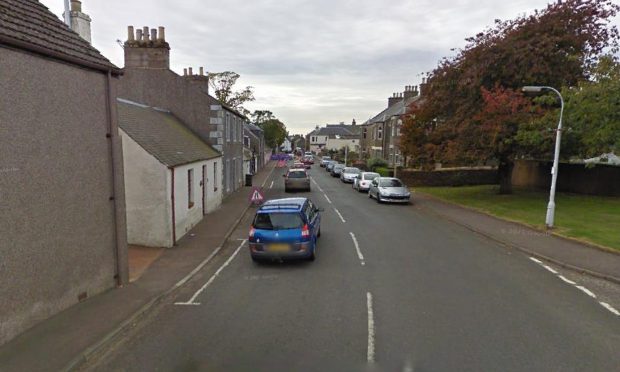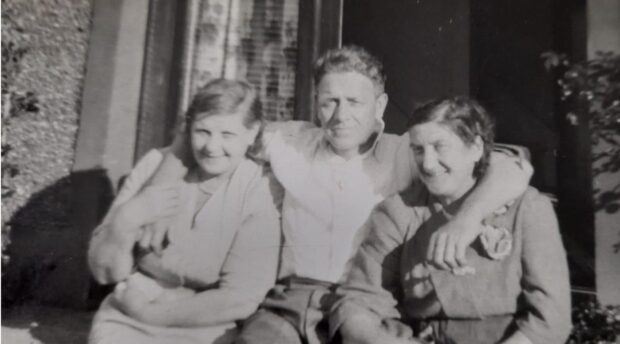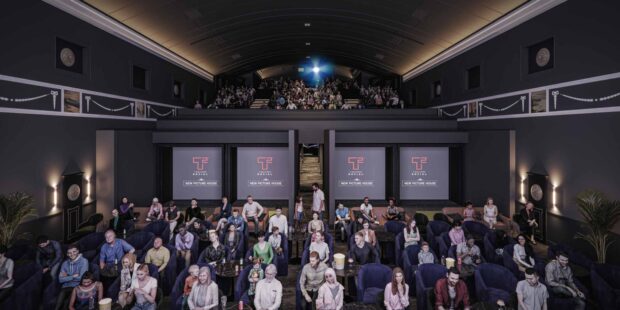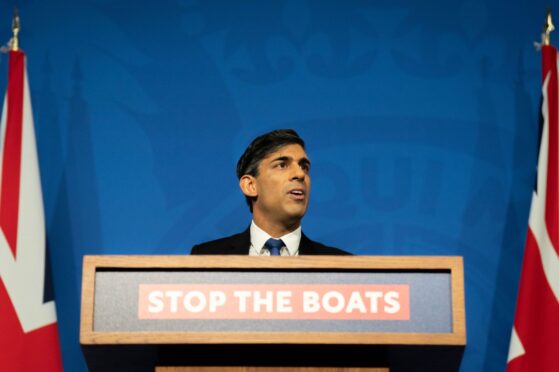A Fife school has sparked a debate about the merits of homework after adopting a “new approach” to after-school learning.
After apparently putting a stop to formal homework for its 400-plus pupils, King’s Road Primary School in Rosyth is weighing up the pros and cons of the move as it seeks to find out the impact after-school work has on children’s education.
Some parents have expressed concern over the situation and a lack of consultation, but headteacher Gordon Buchanan has assured mums, dads and carers that they will be briefed before the end of the current school term.
“We are revising our current homework policy, looking at the impact that homework has on children’s learning,” Mr Buchanan confirmed.
“Some aspects of homework are on hold while we are looking at a new approach.
“Meantime, children are being encouraged to take reading books home and next term we will be taking up the First Minister’s Reading Challenge with all pupils.
“Parents will be updated before the end of term.”
The bid to reduce the amount of homework being given to pupils is a contentious one, with one mother of a child at King’s Road not particularly happy about the change.
“It would be nice to be consulted as his homework gives us an opportunity to keep an eye on what and how he’s learning,” she said.
That view has been backed by Eileen Prior, from the Scottish Parent Teacher Council, who suggested that homework can be beneficial for all parties.
“A lot of parents like homework because it allows them to get a sense of what their children are doing,” she said.
“Many schools will use homework as an opportunity for family learning – it’s something family members can get involved with.
“But there is a debate amongst educationalists about the value of homework in its traditional sense – and whether that actually makes any difference to outcomes for young people.
However, on the other side of the debate, a spokeswoman for home schooling charity Education Otherwise said there was no need for homework.
“In other countries they don’t have homework and it certainly seems to have a positive impact,” the spokeswoman said.
“Children are learning all the time and I don’t think its necessary to prolong the school day.”
The anti-homework stance has also been famously taken by TV presenter Kirstie Allsopp, who has campaigned against homework in primary schools across the UK.
Describing homework as “the devil’s work”, “isolating”, “deadening” and “pointless”, she has received hundreds of messages of support for her take on the situation.
“So many parents feel that it is the spectre in their lives, it invades their homes and if they don’t tackle it their children will be punished and it’s beyond their control,” she noted.
“Family meals, early bedtime, reading together and playing outside are the most important things for young children, and homework interferes with all those things.”










